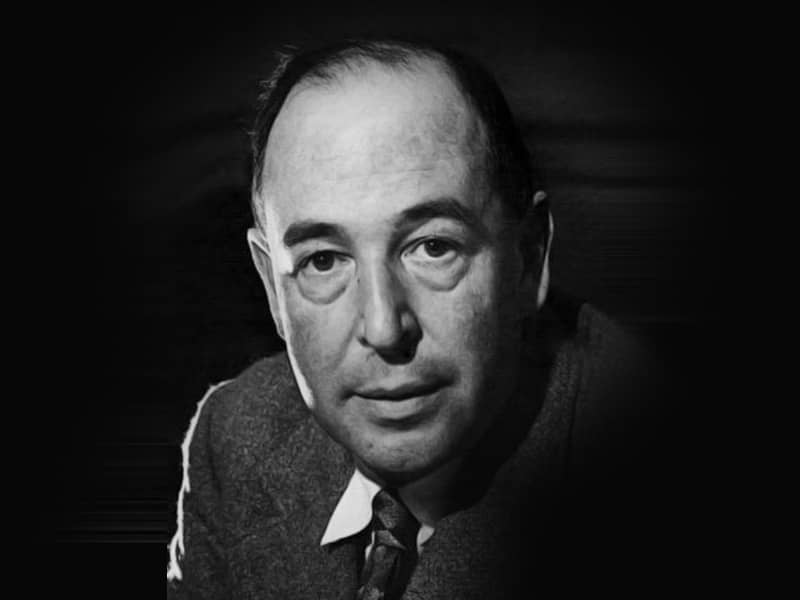By Nancy Lusignan Schultz
The Free Press
On an August evening in 1834, a group of men gathered outside a Roman Catholic convent in the Charlestown neighborhood of Boston. The mob was a gruff bunch of working class Protestants who labored in the local brickyard or on the docks, or held no job at all. They were Charlestown's poorest and least educated, and on this summer evening, their fury was directed at the elegant brick structure they helped build just a few years earlier. The convent, located on the most prominent hill in the city, housed a community of Ursuline nuns and a boarding school at which the sisters provided a posh European-style education to children of Boston's liberal Protestant elite. The convent would not survive the evening. By midnight, the restless and drunken rioters had stormed the building, and to joyous chants of "Down with the Pope! Down with the convent!" ignited a fire.
The burning of the convent was no random act of violence. Tensions between Catholics and Protestants had been brewing for years. Class resentment among Charlestown's struggling laborers, many of whom had only recently come to the city in search of work, was stoked when the community of seemingly privileged nuns arrived. With Boston's Catholic community growing rapidly, fearful Protestant pastors denounced Catholicism as a despotic faith opposed to the principles of American republicanism.
The conflict reached new heights when rumors of barbarities and sexual immorality at the convent spread. Stories of mysterious ceremonies and sexual trysts in convents were abundant in early nineteenth-century America. A public that was both intrigued and suspicious of Catholic life turned several exposes into phenomenal bestsellers. The most infamous was Maria Monk's 1836 "Awful Disclosures," a salacious tale of priests and nuns having sex in order to conceive children who could be baptized and then strangled. In Charlestown, rumors swirled around Rebecca Reed, a postulant who left the convent and published an "expose" called Six Months in a Convent-it sold 50,000 copies during its first nine months in print. The convent's music teacher also "escaped," with tales of her own. Violence seemed inevitable.

